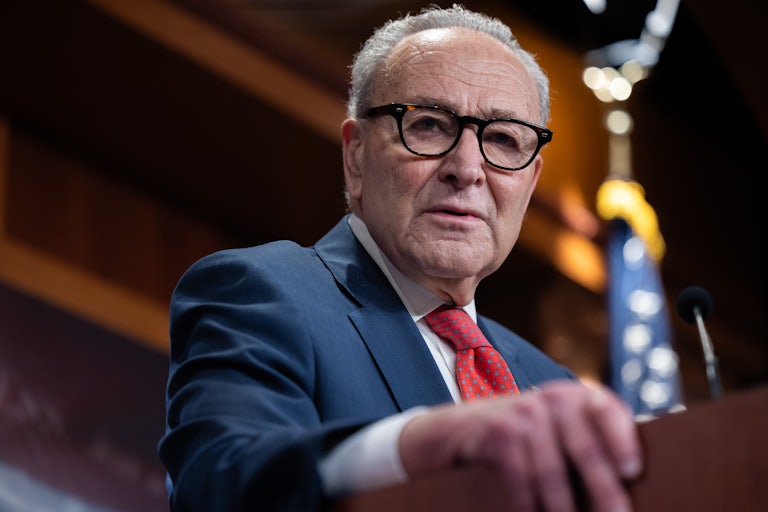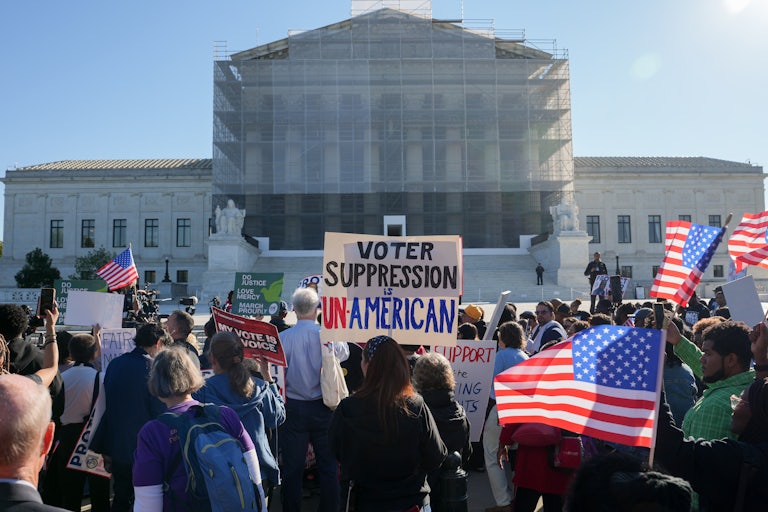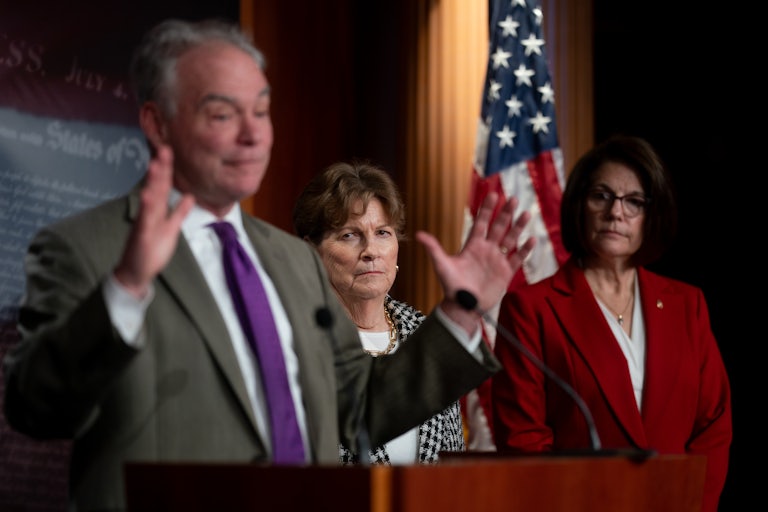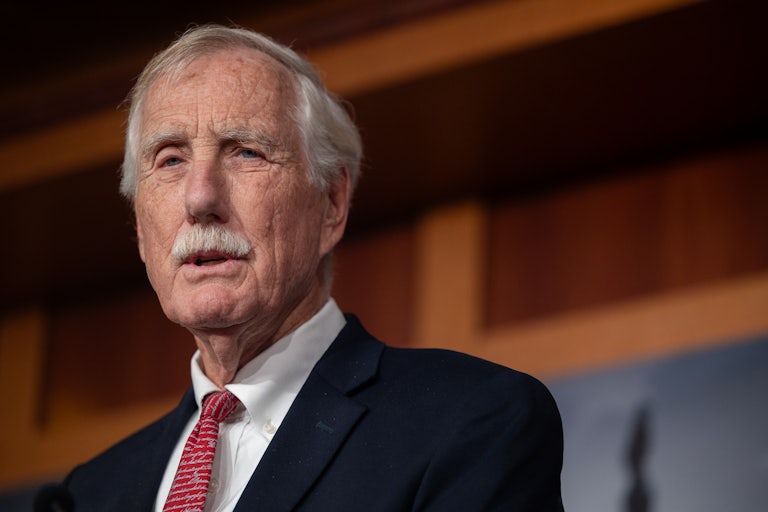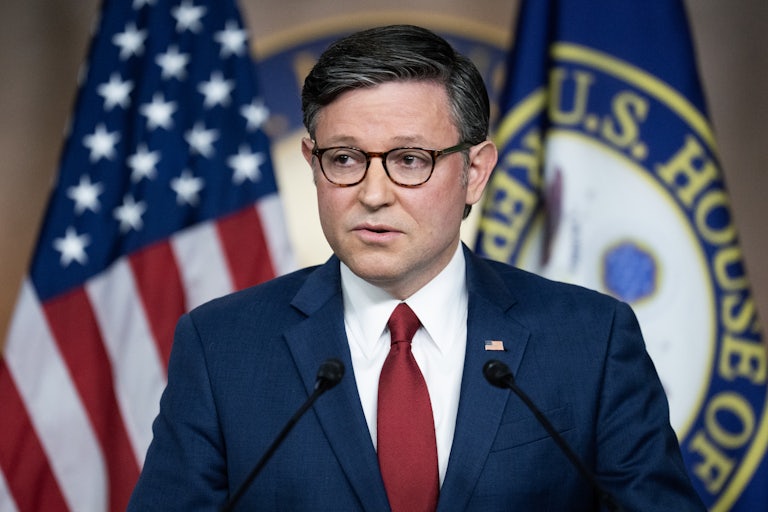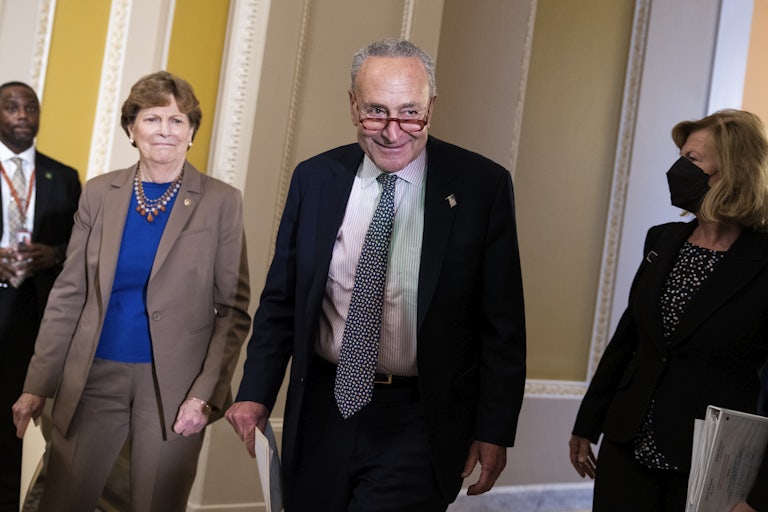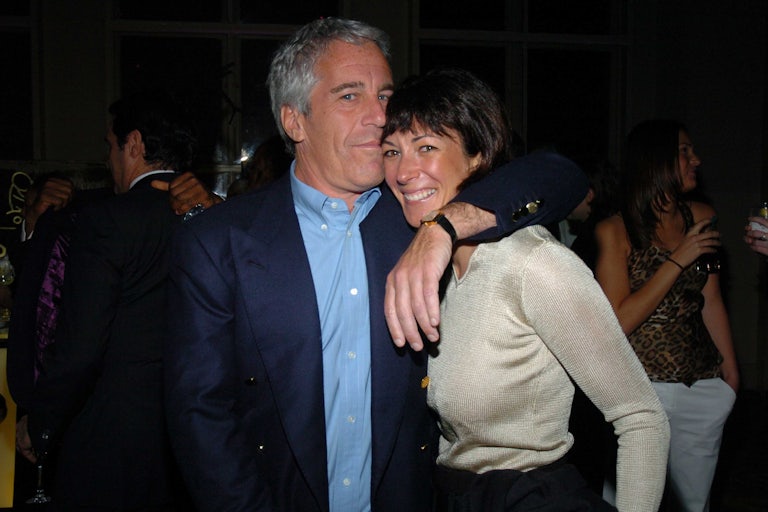Oath Keepers Leader Reveals He’s Bringing Back White Supremacist Group
Stewart Rhodes is making the most of Donald Trump pardoning him.
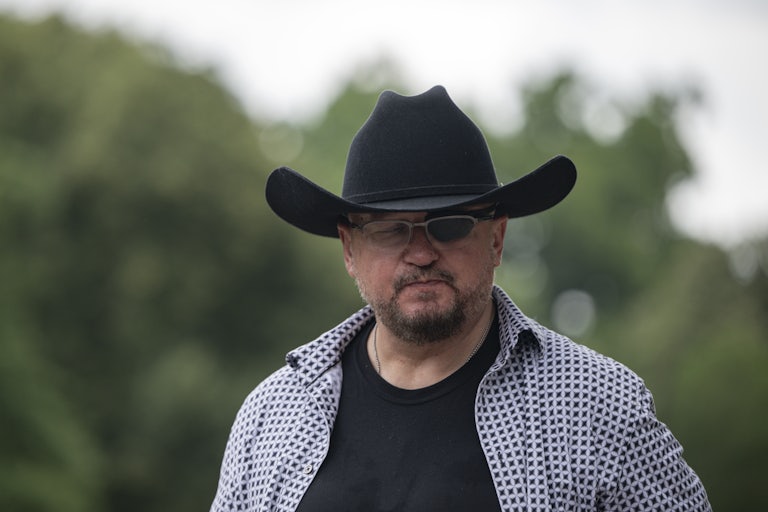
The Oath Keepers are coming back better than ever, according to the group’s founder.
Stewart Rhodes revealed to The Gateway Pundit Sunday that he’s “relaunching” and “rebuilding” the white supremacist organization that attacked the U.S. Capitol on January 6.
“They tried to take us out after January 6 but what man means for evil, God will use for good,” Rhodes told the podcast. “I came out stronger after it, and so my goal is to rebuild the organization stronger than ever because it’s an essential mission. Absolutely.”
Rhodes was sentenced to 18 years in prison for helping to orchestrate an insurrection designed to keep Joe Biden from taking office after he won the 2020 presidential election. Rhodes was also the first individual that Donald Trump pardoned when he returned to office on January 20, 2025.
The 60-year-old also signaled to Trump that the Oath Keepers were still “ready to serve” as his personal militia, just as they had done during the insurrection, encouraging the president to “order us all to come together in our counties under his command.”
“And one other thing I want to say is that President Trump, as commander in chief, always has absolute authority to call all of us up as the militia because every one of us—in federal statues defining the militia, it’s every able-bodied male from age 17-45. And for us veterans, it goes up to age 64 because of our prior training and experience,” Rhodes said.
The National Guard is part of that militia, according to the far-right leader, justifying Trump’s decision to send troops to U.S. cities.
Referring to the Insurrection Act, Rhodes argued that Trump can call upon a citizens’ militia for any one of three reasons: “to repel invasions, to suppress insurrections, and to execute the laws of the union.”
“And right now, we see all three of those in play,” Rhodes said.
This new chapter of the Oath Keepers will maintain the original organization’s mission—to “protect people against radical antifa and other leftist violence in the streets,” according to Rhodes—but will be built to outlast its creator.
“So we want to make sure it’s got resilience and redundancy built in that it can drive on strong,” Rhodes told the podcast. “I mean, I have to make sure that if I’m ever taken out again or if I’m or when I’m taken out again, that the organization can drive on without me. That’s not what happened last time.”
